1. Disease Diagnosis and Prediction
AI algorithms analyze medical images, patient data, and genetic information to diagnose diseases more accurately and predict health risks, facilitating early intervention and personalized treatment plans.
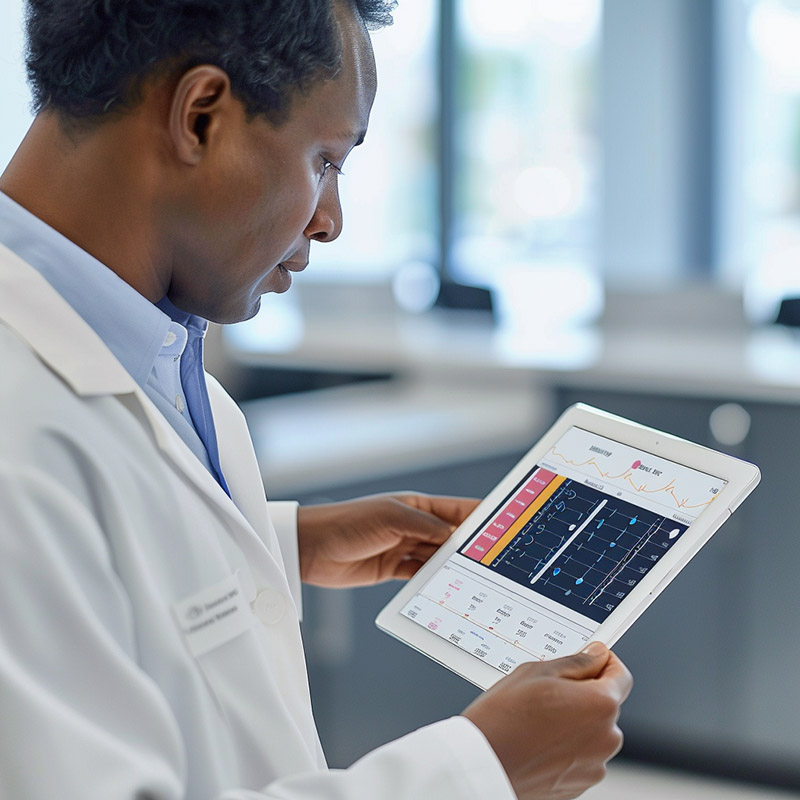
AI is revolutionizing disease diagnosis and prediction by integrating and analyzing vast amounts of medical data, including imaging, genetic information, and electronic health records. This enables early and more accurate identification of diseases, often before symptoms appear, allowing for timely intervention. AI's ability to uncover subtle patterns and correlations in data leads to personalized risk assessments, guiding preventive measures and tailored treatment plans, significantly improving patient outcomes.
2. Drug Discovery and Development
AI speeds up the process of drug discovery by analyzing molecular structures and predicting their interactions with biological targets, leading to the identification of promising compounds for further testing and development.
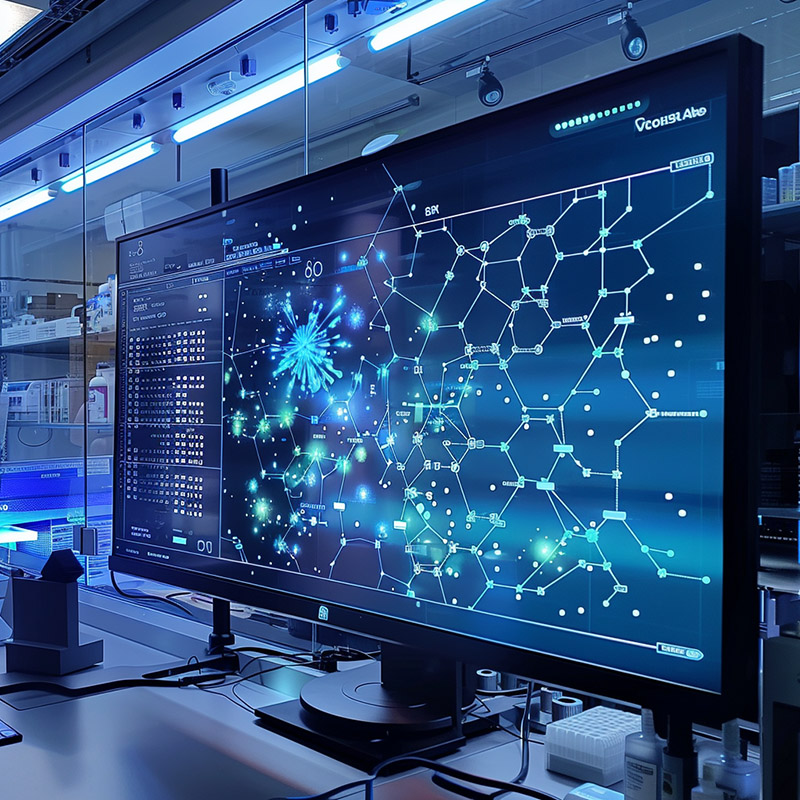
The drug discovery and development process has been significantly expedited by AI, which can analyze complex biological data and predict how different compounds will interact with targets in the body. This not only speeds up the identification of potential new drugs but also reduces the cost and failure rate of drug development by pinpointing promising candidates early in the process. AI-driven simulations and modeling offer insights into drug behavior, enhancing the efficiency and success rate of bringing new treatments to market.
3. Precision Medicine
Leveraging genetic and health data, AI tailors medical treatments to individual patients, improving the effectiveness of treatments and reducing side effects by considering each patient's unique genetic makeup.
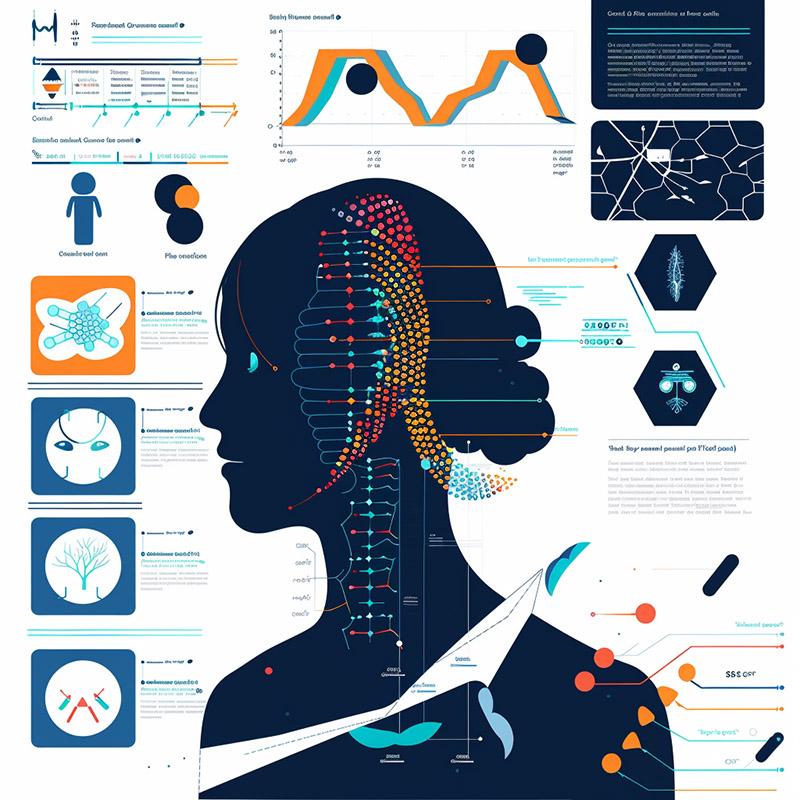
AI is at the forefront of enabling precision medicine, using data from a patient's genetic makeup, lifestyle, and environment to customize healthcare. By analyzing this data, AI identifies the most effective treatments with the least side effects for each individual, moving away from the one-size-fits-all approach. This tailored strategy significantly improves treatment outcomes, enhances patient satisfaction, and optimizes healthcare resources.
4. Medical Imaging Analysis
AI tools enhance the interpretation of medical images, such as X-rays, MRIs, and CT scans, by detecting subtle patterns and anomalies that may be overlooked by human eyes, supporting faster and more accurate diagnoses.
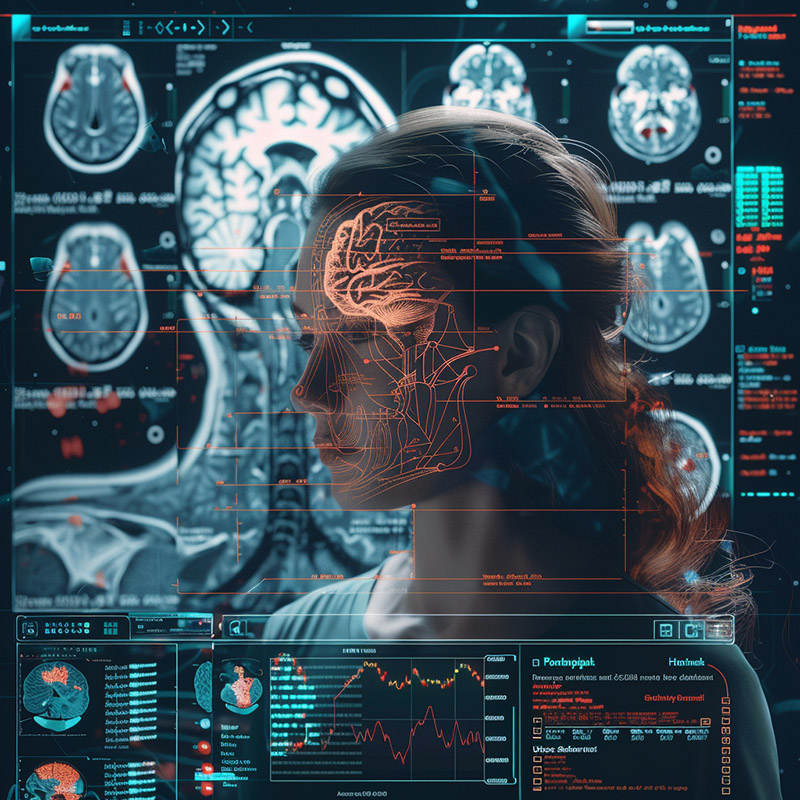
In medical imaging analysis, AI algorithms provide radiologists with tools that enhance the detection and interpretation of diseases from images like X-rays, MRIs, and CT scans. AI improves diagnostic accuracy by highlighting areas of concern and reducing the likelihood of human error. This assistance allows for quicker decision-making, early disease detection, and the monitoring of disease progression, leading to more effective treatment plans.
5. Robotic Surgery
AI-assisted robotic systems perform complex surgeries with precision and control beyond human capabilities, leading to less invasive procedures, reduced recovery times, and improved surgical outcomes.
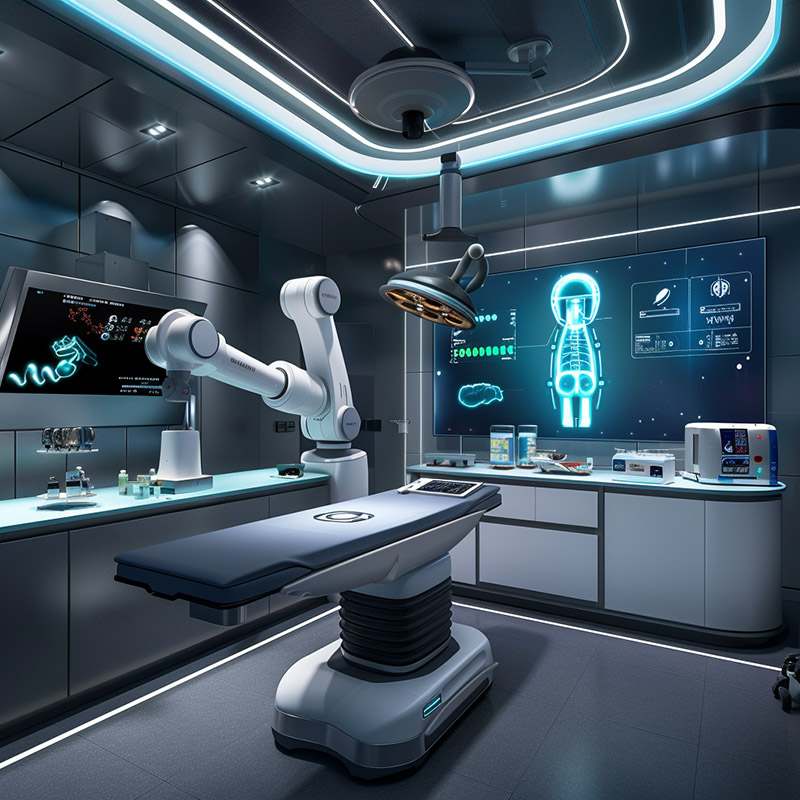
AI-assisted robotic surgery has transformed surgical practices by enabling greater precision, flexibility, and control than traditional techniques. These advanced systems minimize human error and enhance the surgeon's capabilities, leading to less invasive procedures, reduced patient recovery times, and improved outcomes. AI's role in robotic surgery continues to expand, with ongoing advancements promising even more autonomy and support for complex surgical tasks.
6. Virtual Health Assistants
AI-powered virtual assistants provide health information, monitor patient symptoms, and offer personalized advice, improving access to medical information and supporting patient self-management.
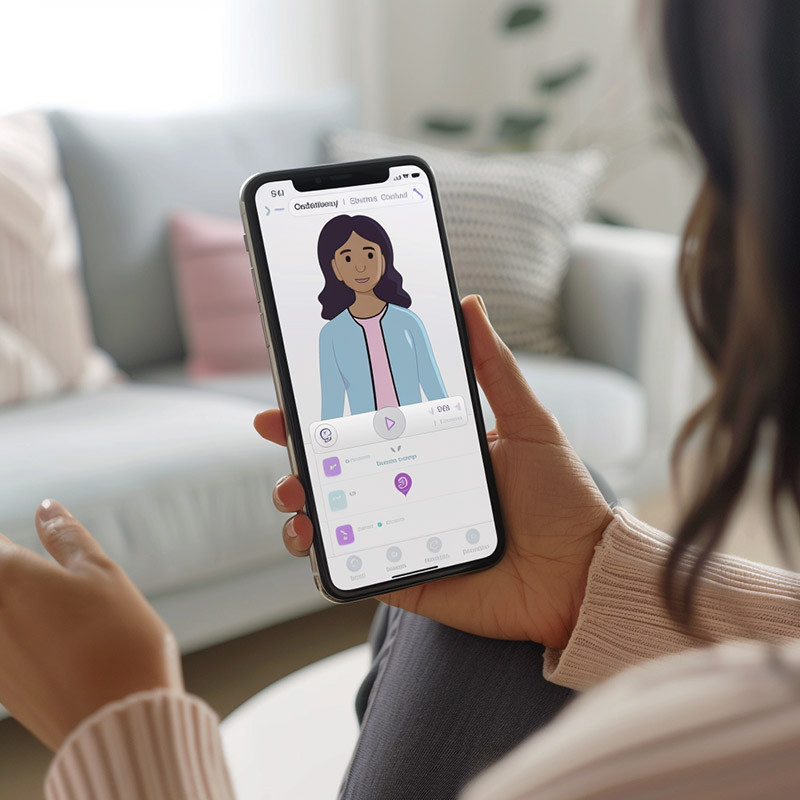
Virtual health assistants, powered by AI, are improving access to healthcare information and support, offering personalized advice, and facilitating symptom checking and medication management. These AI applications enhance patient engagement and compliance with treatment plans by providing timely reminders and health monitoring. The convenience and accessibility of virtual assistants help bridge gaps in healthcare delivery, especially for underserved populations.
7. Clinical Trial Research
AI analyzes vast amounts of data from clinical trials to identify trends, predict outcomes, and optimize study designs, accelerating the research process and improving the reliability of trial results.
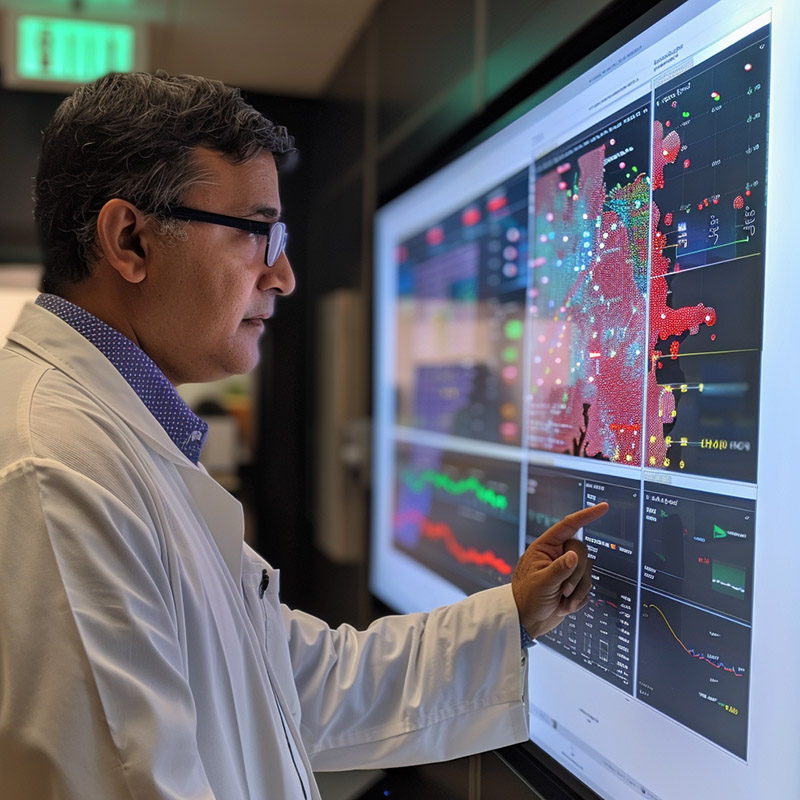
AI is transforming clinical trial research by optimizing study designs, enhancing patient recruitment, and analyzing results more efficiently. By predicting trial outcomes and identifying potential issues early, AI-driven analysis reduces the time and cost associated with clinical research. This accelerates the development of new treatments and ensures that they are both safe and effective, benefiting patients sooner.
8. Remote Patient Monitoring
AI systems analyze data from wearable devices and home monitoring equipment to track patient health in real-time, enabling proactive management of chronic conditions and early detection of potential health issues.
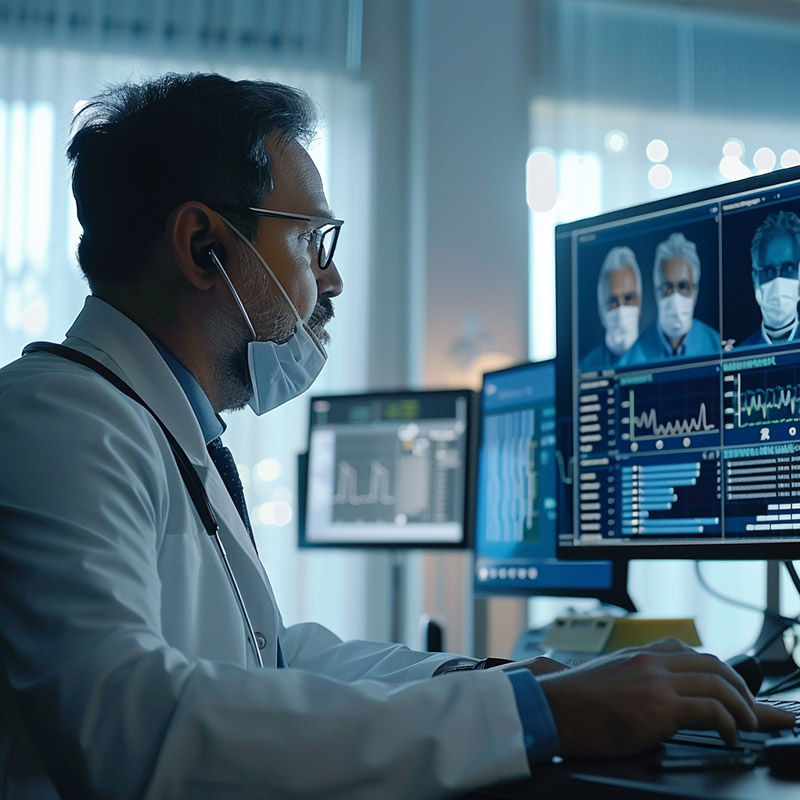
AI-enhanced remote patient monitoring systems offer a proactive approach to healthcare, continuously analyzing data from wearable devices to track patient health and detect abnormalities early. This real-time monitoring supports the management of chronic conditions, reduces hospital readmissions, and allows for timely interventions, ultimately leading to better health outcomes and enhanced quality of life for patients.
9. Healthcare Workflow Optimization
AI automates administrative tasks in healthcare settings, such as scheduling, billing, and patient data management, improving efficiency and allowing medical staff to focus more on patient care.
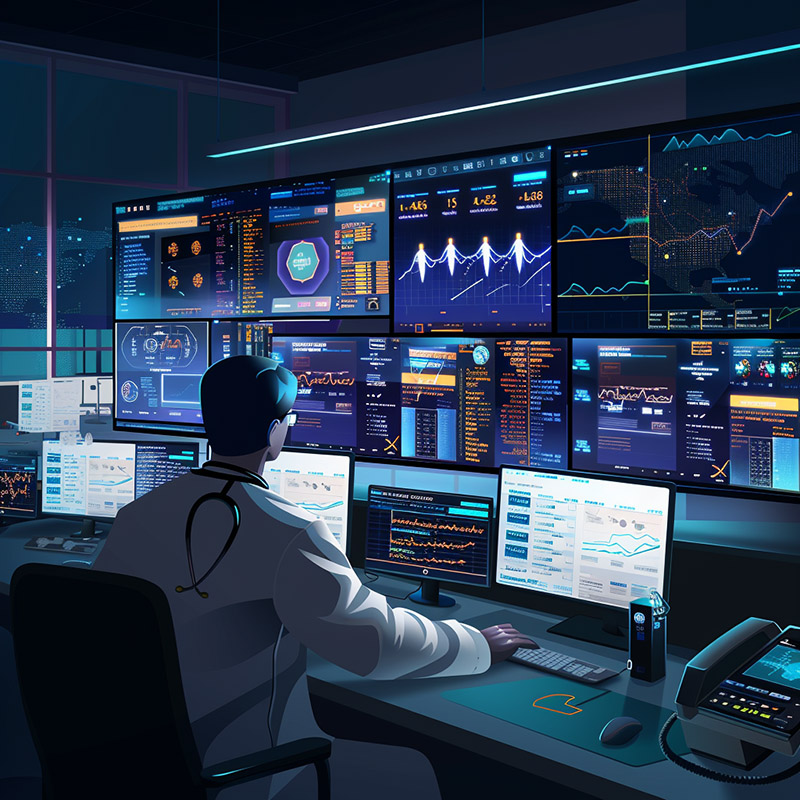
AI is streamlining healthcare workflows by automating administrative tasks, optimizing scheduling, and managing patient data more efficiently. This reduces the administrative burden on healthcare providers, allowing them to focus more on patient care. Improved efficiency and resource allocation lead to enhanced patient experiences, reduced wait times, and lower healthcare costs.
10. Epidemiological Analysis and Outbreak Prediction
AI models analyze data from various sources to track disease spread, predict outbreaks, and inform public health strategies, playing a crucial role in global health surveillance and epidemic preparedness.
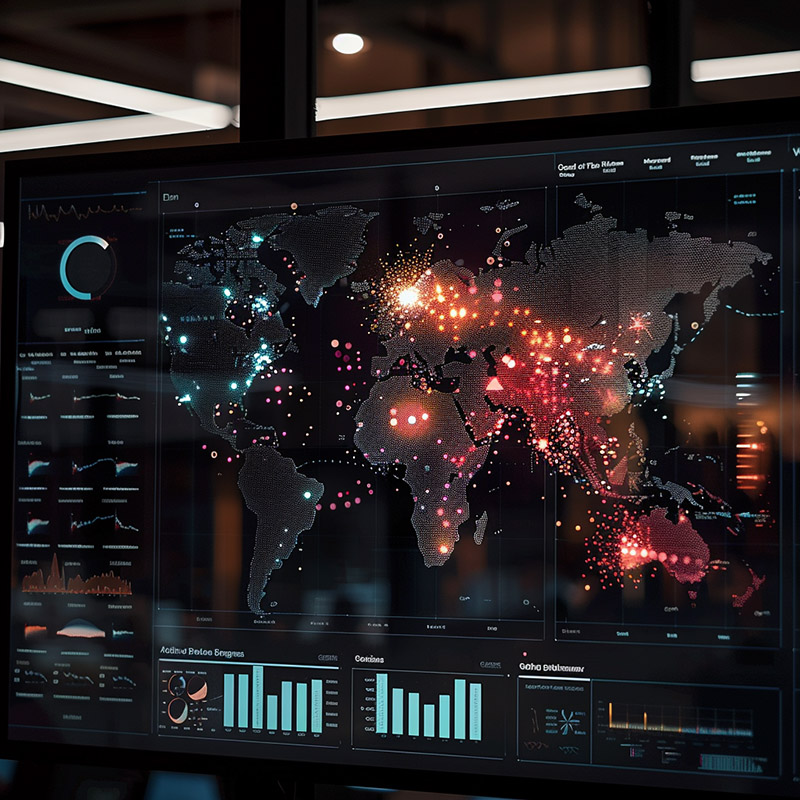
AI plays a crucial role in public health by analyzing data from a variety of sources to track disease spread, predict outbreaks, and inform containment strategies. This predictive power enhances global health surveillance and response efforts, allowing public health officials to allocate resources more effectively and implement preventive measures, ultimately saving lives and reducing the impact of infectious diseases.